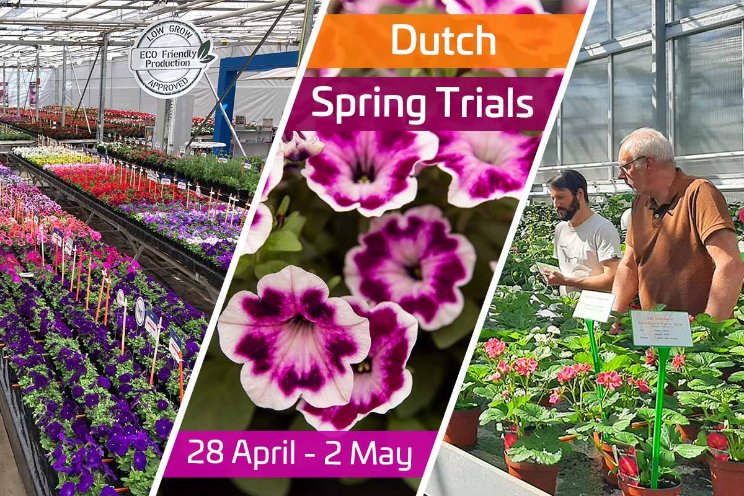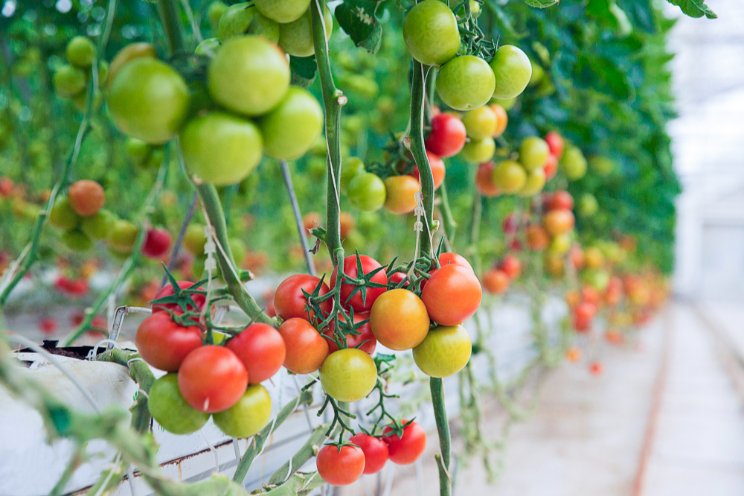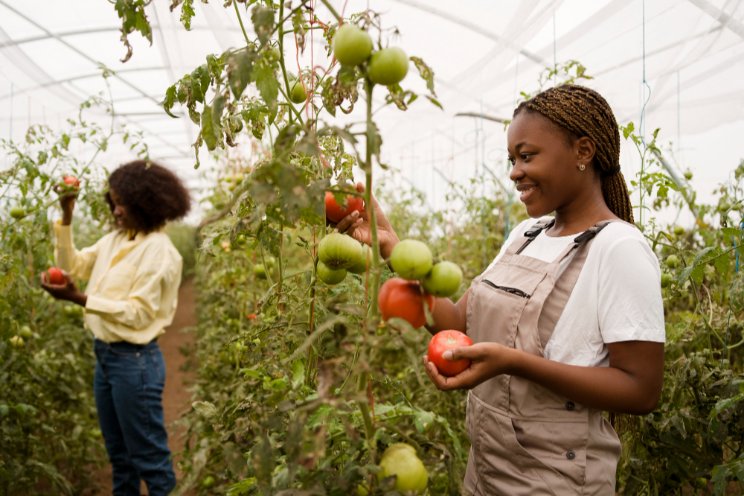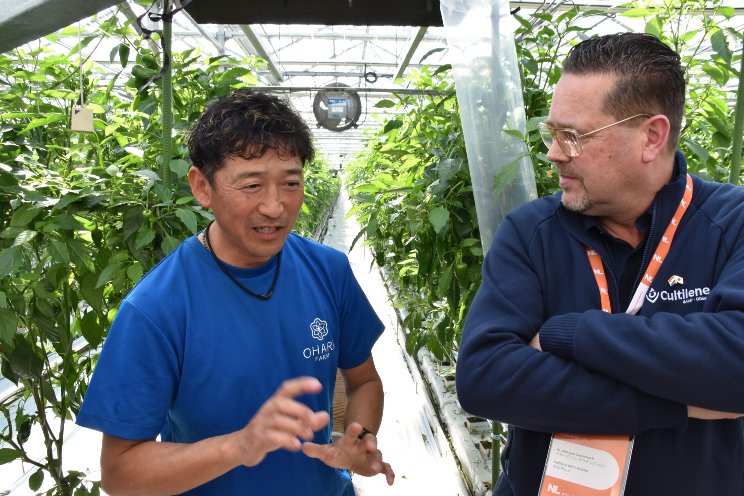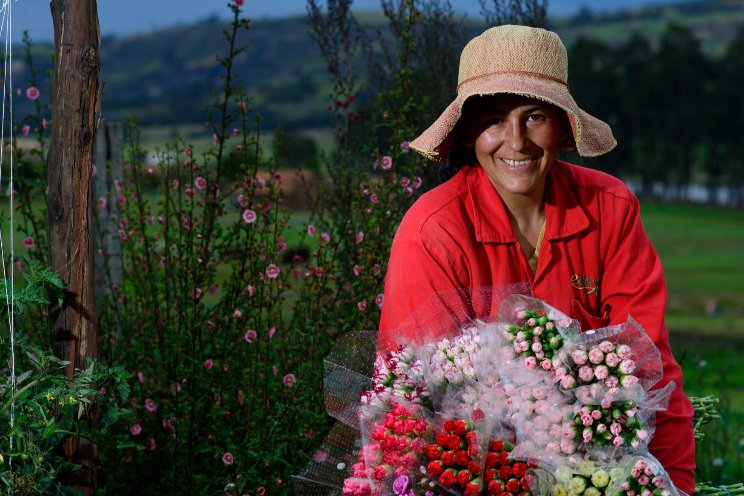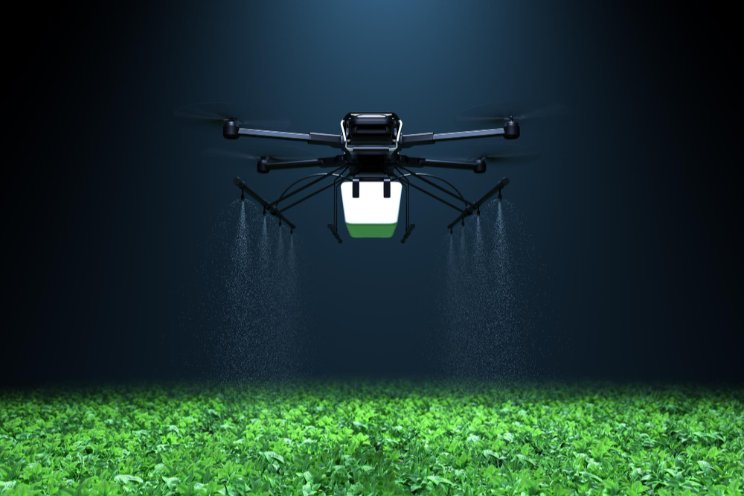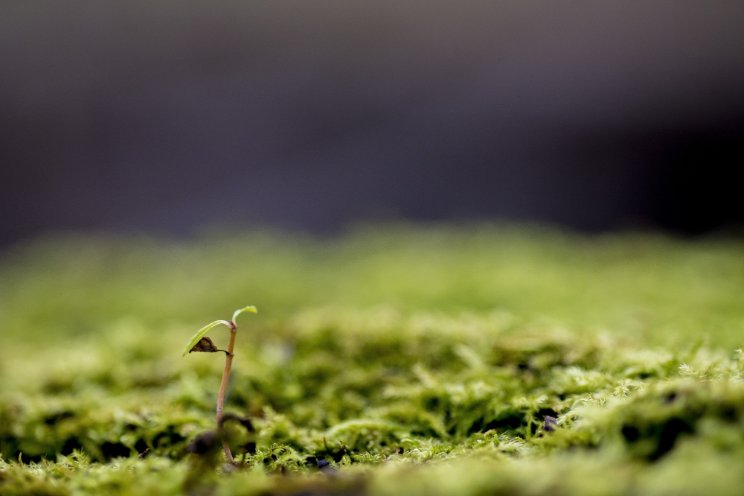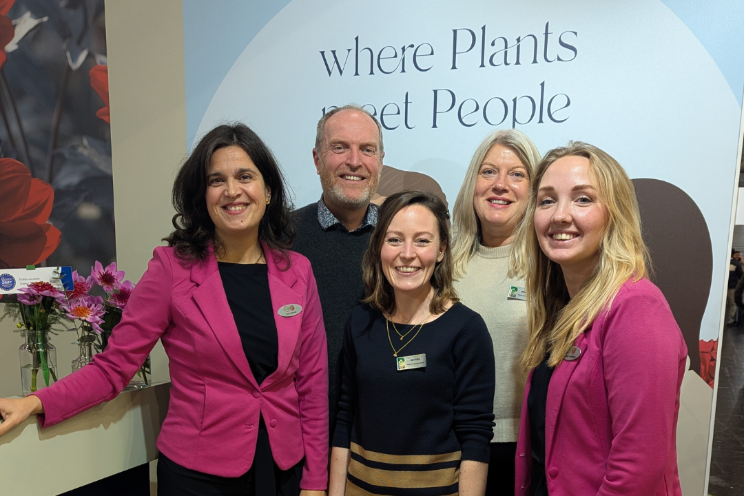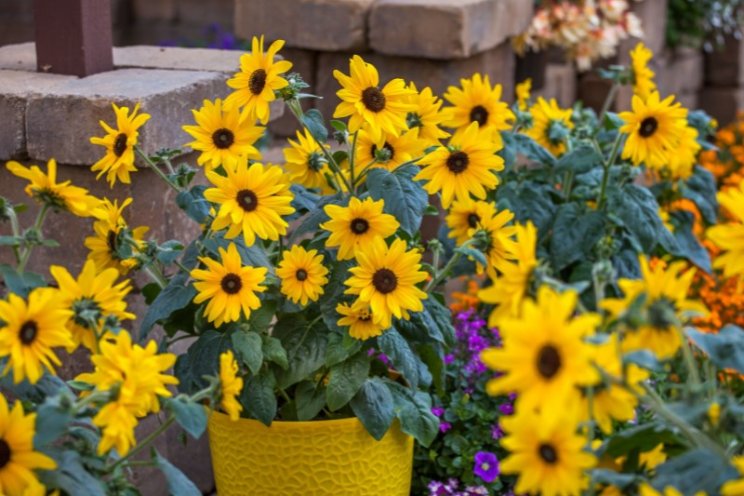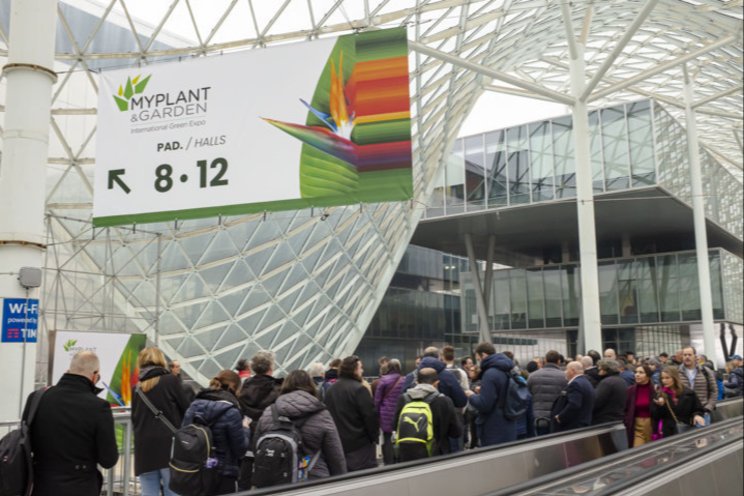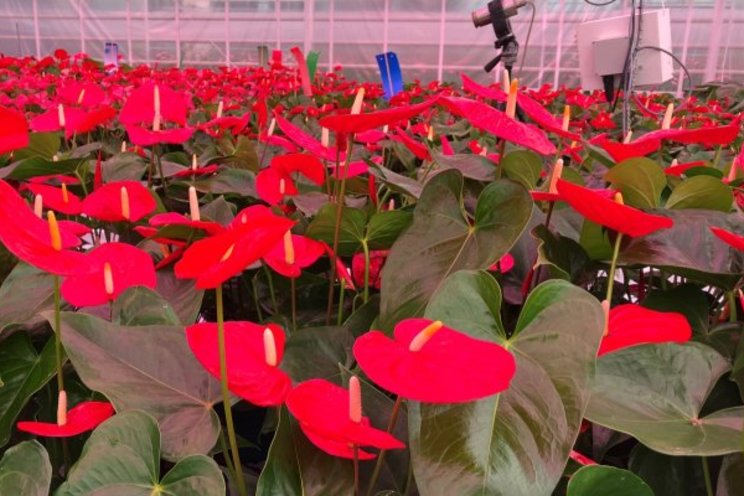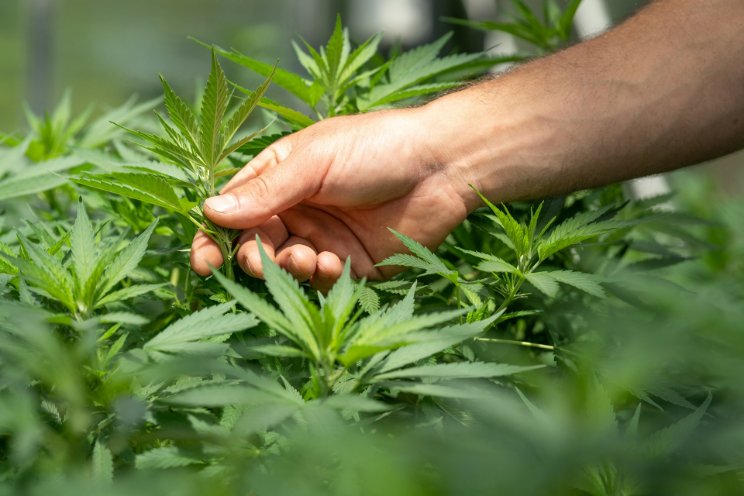Market profile: Fresh greens and vertical farming in the UAE
Added on 13 August 2024
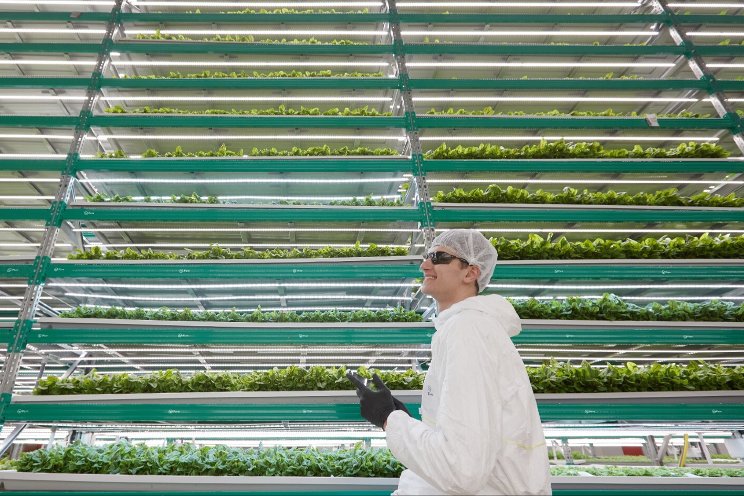
In 2024, the market value for these products has reached $3.86 billion, marking a 6.3% rise from the previous year. This sector comprises 10.1% of the total food market in the UAE, with vegetables alone accounting for 8.7% ($3.3 billion) and leafy greens and salads making up 1.4% ($0.53 billion).
Projections indicate that by 2029, the market will grow at a compound annual growth rate (CAGR) of 5.2%, reaching $4.98 billion.
Market trends
Local production is increasing, reducing the reliance on imports. The UAE government actively supports agricultural development by providing financial incentives for farmers willing to adopt modern farming technologies in the Emirates.
Consumers increasingly choose organic and natural products, reflecting a global shift toward healthier eating habits. There is also a growing preference for pre-cut and ready-to-eat vegetables and fruits, which cater to busy lifestyles.
The farm-to-table concept is widespread, with a rising demand for exotic varieties, especially in cosmopolitan hubs like Dubai.
Vertical farming in the UAE
Several factors drive the growth of vertical farming in the UAE. Rapid urban population growth, climate change, and disruptions in global supply chains underscore the need for local food production.
Vertical farming technologies utilize controlled-environment agriculture (CEA) to maximize plant growth. Vertical farming provides sustainable solutions to challenges and ensures a consistent and sustainable supply of local fresh produce, such as strawberries, tomatoes, lettuce, spinach, arugula, and other crops year-round.
Key drivers for vertical farming in the UAE
Urbanization: The UAE's diverse expatriate population and growing urbanization have significantly boosted the demand for fresh, high-quality produce.
Favorable economic environment: The country's flexible economic policies, low electricity costs, and stable energy production create a favorable environment for vertical farming.
Government initiatives: Governmental support, including subsidies, loans, and infrastructure development, support food security and sustainable agriculture.
Technologies: Technological innovations, particularly in AI and automation, further enhance efficiency and productivity in vertical farming, optimizing resource use and ensuring consistent crop quality.
Vertical farming market value and clients
Today, the vertical farming market in the UAE is valued at $39.2 million. It is projected to grow at an annual rate of 4.05%, reaching $47.8 million by 2029.
Major players such as iFarm, AeroFarms, Badia Farms, and VeggiTech are also expanding into nearby markets, including Saudi Arabia, Kuwait, and Bahrain.
Clients for vertical farms in the UAE include high-priority segments:
- retail: chain supermarkets, grocery stores, fruit and vegetable markets, and pop-up stores
- wholesale: distributors of fruits and vegetables, with trends pointing to partnerships and in-store farm placements
- HoReCa: restaurants, hotels, and catering services, focusing on farm-to-table formats
Artificial Intelligence (AI): technology trend
AI is transforming agriculture, especially in the UAE, where climatic constraints make adopting modern technologies essential.
Agriculture uses AI to collect and analyze data on growth conditions such as temperature, humidity, CO2 levels, and lighting. AI ensures that each plant species receives optimal conditions by managing irrigation, nutrient delivery, and lighting.
This improves efficiency and crop yield while reducing resource consumption and waste. The precise data also enables better harvesting and distribution planning.
Notable implementations of AI in agriculture include iFarm Growtune, an AI-driven farm management software for vertical farms that optimizes yields by monitoring data and refining farming protocols.
Prospects
The UAE has set a goal to become a global leader in food security by 2051, as outlined in the National Food Security Strategy. This ambitious goal drives significant investments in vertical farming and other advanced agricultural technologies. Initiatives such as Hub71 and Food Tech Valley foster public-private partnerships, accelerating progress.
With the growing market for fresh vegetables and greens, stakeholders ranging from government bodies to private investors will play crucial roles in shaping the future of agriculture in the UAE.
Contact the team to learn more about iFarm vertical farming technologies, become a partner, or launch your own vertical farm
Get in touch |
More news
